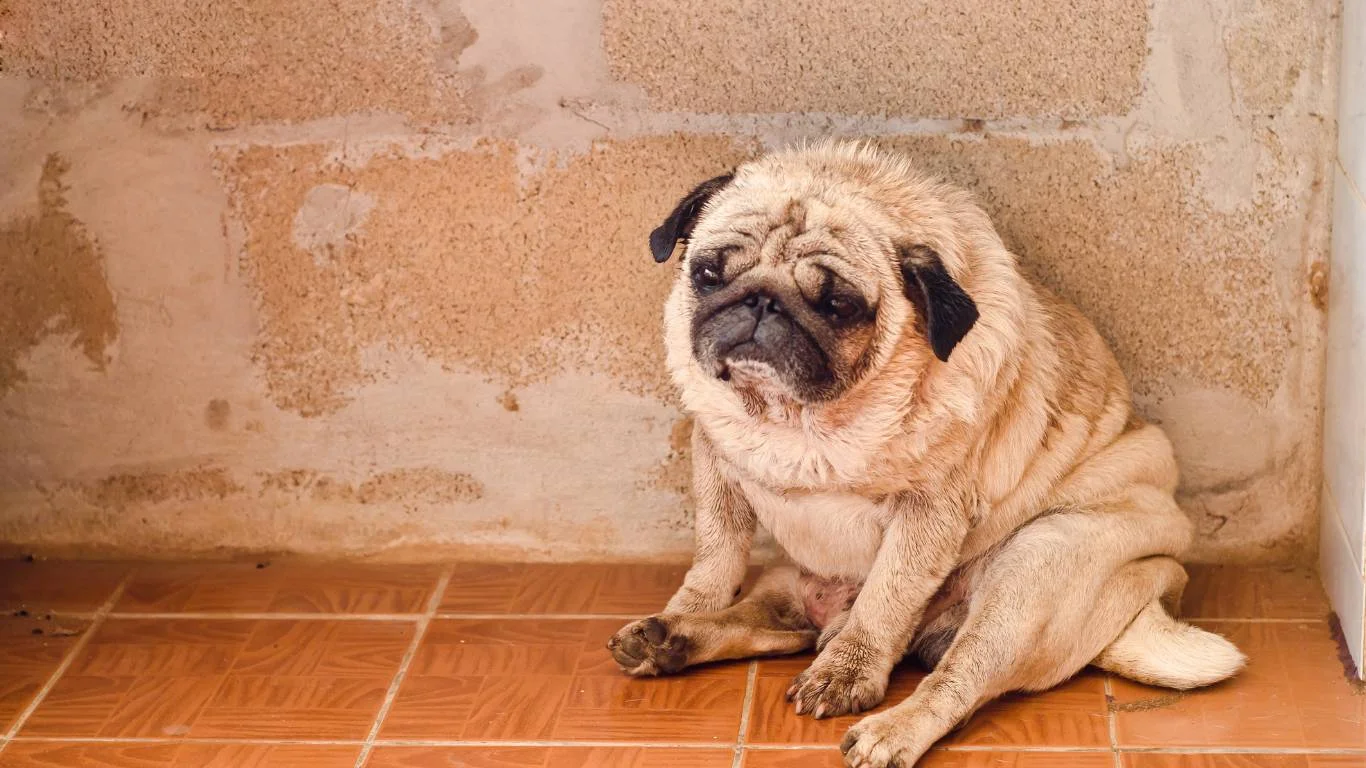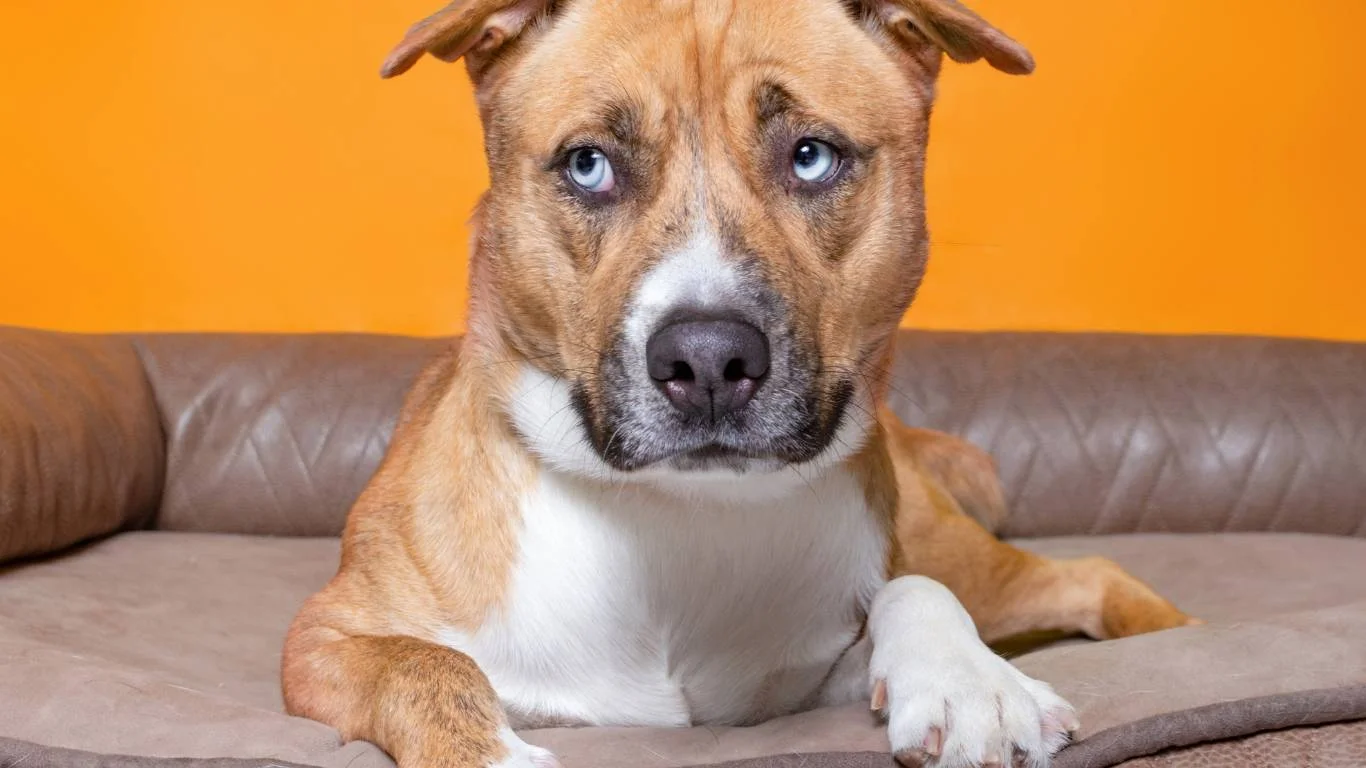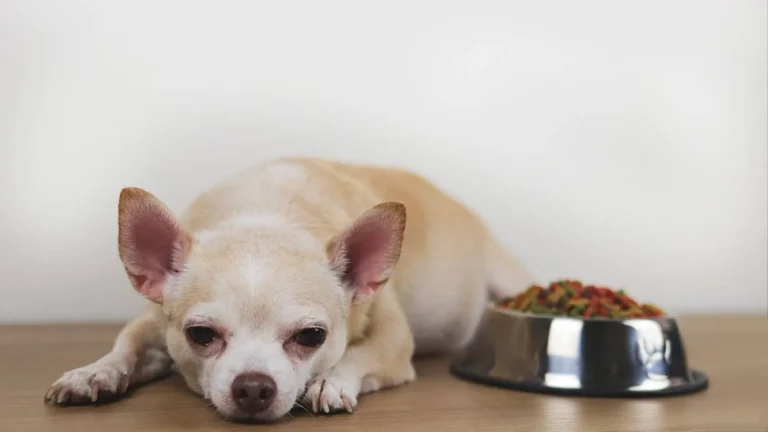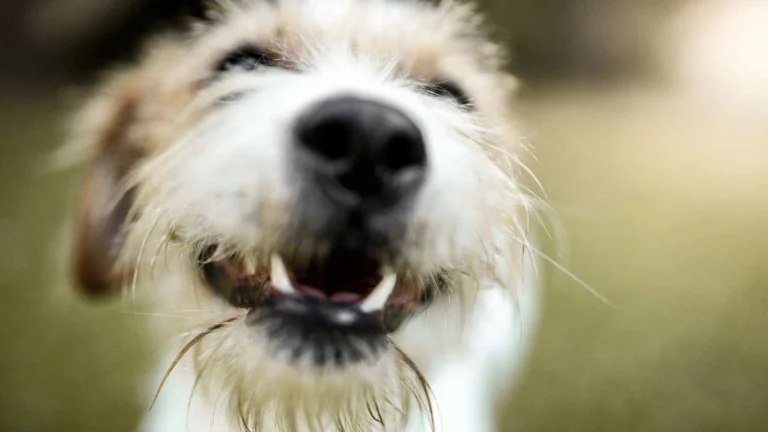What to Do If Your Dog’s Poop Is Black: Essential Steps to Act Fast
If you’re here freaking out and googling what to do if your dog’s poop is black, first — take a deep breath. I’ve been in your shoes, both as a dog mom and during my years working as a veterinary assistant with a focus on pet nutrition. It can be really alarming to see that in your pup’s stool, especially when it looks like tar. Trust me, I’ve had pet parents call in panicked more than once, and I totally get it. Black dog poop (also called melena) can mean a few different things, from something as simple as diet to more serious internal bleeding. So let’s break it down together — calmly, clearly, and with zero judgment.
First Off, What Does Black Dog Poop Even Mean?

Black poop in dogs usually points to digested blood coming from higher up in the digestive tract — think stomach or small intestines. It’s not the same as red streaks, which suggest fresher bleeding lower down. I remember one case with a lab named Moose — his poop looked like black jellybeans. Turns out, he’d been sneaking his owner’s NSAIDs, and they were irritating his stomach lining. Yikes.
Possible Causes of Black Stool in Dogs
Before you panic, there are quite a few reasons this can happen — some serious, some not so much. Here’s a quick breakdown:
- Internal bleeding (from ulcers, injuries, tumors)
- Medications like NSAIDs or iron supplements
- Ingesting blood (from chewing on bones or raw meat)
- Dietary changes or dark-colored foods
- Parasites or infections irritating the gut lining
And yes, even something as random as activated charcoal (often given during toxin ingestion) can cause black stools. I can’t tell you how many panicked calls I’ve gotten after a dog came back from the ER and the poop was suddenly pitch black. Always ask what was administered at the clinic if you’re unsure.
When Is Black Poop a Vet Emergency?

Now, here’s where it gets real. If your dog’s poop is black and they’re also showing other signs — like lethargy, vomiting, loss of appetite, pale gums, or weakness — don’t wait it out. Call your vet immediately. Time matters, especially if internal bleeding is involved.
Red Flags to Watch For
- Refusing to eat or drink
- Sudden weight loss or bloating
- Gums that look pale or white
- Diarrhea with a foul, tar-like texture
- Unusual fatigue or hiding behavior
In my experience, it’s better to bring them in and find out it’s something simple than to wait and regret it. One sweet senior dachshund I helped treat had a bleeding ulcer we caught just in time — her only sign? Her poop was black and sticky. No vomiting, no whining. Dogs are sneaky stoic like that.
How Your Dog’s Diet Plays a Role

Nutrition matters more than you might think here. Over the years, I’ve noticed that some dogs are way more sensitive to changes in diet than others. High-protein or raw diets, for instance, can sometimes lead to darker stools naturally — especially if organ meats or blood-rich foods are involved. That’s not usually melena, but it can be confusing. I always recommend tracking exactly what they ate in the past 24-48 hours when you notice a poop color change.
And if your dog is on any supplements — like iron or charcoal — those can absolutely turn stools black. One client gave her shepherd a heavy iron supplement without knowing how it could affect the poop, and we spent a frantic day ruling out GI bleeds. (He was totally fine.)
Helpful Tip:
Start a poop journal. Seriously. Jot down food changes, meds, stressors, and what their stool looks like. It’ll help your vet way more than you think.
Diagnostic Steps: What Your Vet Might Do

So, let’s say you’ve taken your pup to the vet because you’re concerned about that black poop — good call, by the way. Here’s what typically happens, based on the countless appointments I’ve assisted with. First, your vet is probably going to ask a ton of questions. Don’t worry — this is where your poop journal (yes, the one I mentioned earlier) comes in handy. They’ll want to know about any recent diet changes, meds, exposure to toxins, or other symptoms.
After that, expect a physical exam, followed by some testing. Here’s a breakdown of what might be on the table:
- Fecal test to check for parasites or infections
- Bloodwork to spot anemia, infection, or organ function problems
- X-rays or ultrasound to look for blockages, tumors, or internal bleeding
- Endoscopy in rare cases, to visualize the upper GI tract directly
I once assisted during an endoscopy for a Great Dane who’d swallowed half a tennis ball — yep, that turned his stool black, too. It’s wild what they’ll eat when we’re not watching!
Treatment Options Based on the Cause

Depending on what the vet finds, the treatment can vary a lot. Sometimes it’s as simple as stopping a supplement or switching food. Other times, it’s more serious and might involve hospitalization. Let me break it down a bit more clearly based on different causes:
If It’s Dietary or Medication Related
This is the “best case” scenario, and honestly, it happens more often than you think. If your dog’s poop turned black because of iron supplements, activated charcoal, or a new raw food you didn’t know had blood in it — your vet will probably just recommend monitoring. Maybe a diet adjustment. No biggie.
If There’s GI Bleeding
This is when things get more involved. Your pup might need:
- Gastroprotective meds (like omeprazole or sucralfate)
- IV fluids if they’re dehydrated or weak
- A bland, vet-approved diet to help their gut heal
- Hospitalization for monitoring if they’re anemic or unstable
One dog I helped treat, a sweet pit bull named Jellybean, had developed bleeding ulcers from long-term NSAID use for arthritis. After stopping the meds and starting GI support treatment, she bounced back in a week. But she needed close monitoring — and tons of cuddles.
If There’s a More Serious Underlying Issue
If tumors, kidney disease, or a clotting disorder is suspected (yep, those can cause black poop too), your vet may refer you to a specialist. This can feel overwhelming, but knowing what’s going on is better than playing the guessing game. Catching things early truly makes a difference.
What You Can Do at Home (Besides Panic)

First off — try not to panic. I know, easier said than done. But as someone who’s seen dozens of black-poop scares turn out fine, here’s what I’d tell you if you were standing at my clinic desk, stressed out and clutching a bag of questionable poop:
Steps You Can Take Right Away
- Stop any new meds or supplements — unless they were prescribed by a vet.
- Switch to a bland diet — like boiled chicken and rice — just for a day or two, if your vet gives the green light.
- Monitor behavior closely — Is your dog still playful? Eating and drinking okay? These are good signs.
- Take photos or bring a stool sample — this helps your vet tremendously.
- Keep your routine calm — Dogs pick up on our stress, and minimizing it helps both of you.
Also, hydration is a huge deal. If your dog isn’t drinking water, or seems extra tired, don’t wait — that’s your cue to head to the vet ASAP. Black poop plus lethargy? Not a combo you ignore.
I always tell pet parents that they know their dog better than anyone. If something feels off, it probably is — even if it’s subtle. A weird gut feeling? Trust it. You’re your dog’s best advocate.
Preventing Black Poop: Tips from My Veterinary Assistant Experience

Looking back over my years working as a veterinary assistant with a focus on nutrition, one thing became crystal clear: prevention really is the best medicine. While black poop can be alarming, a lot of the causes can be avoided with some mindful care and attention to your dog’s overall health. Here are some easy ways to keep your pup’s digestive system happy and reduce the chances of those scary black stools showing up.
Keep a Close Eye on Medications and Supplements
One of the biggest causes of black stool I’ve seen is related to medication side effects, especially NSAIDs (like aspirin or rimadyl) and iron supplements. These can irritate the stomach lining or change the color of the stool. Always follow your vet’s instructions carefully and never give human meds without consulting them first. And if you’re switching supplements, give your vet a heads-up so they can advise on possible side effects.
Maintain a Consistent, Balanced Diet
Changing your dog’s diet abruptly or feeding too many rich treats can upset their gut and sometimes cause bleeding or color changes in stool. When switching foods, always do it gradually over 7-10 days. I’ve helped pet owners troubleshoot digestive issues just by dialing back the new food introduction pace. Also, avoid feeding your dog anything potentially toxic or dangerous — chocolate, grapes, onions, and certain human medications can wreak havoc.
Watch Out for Foreign Objects and Toxins
Dogs are notorious for eating things they shouldn’t. Bones, sticks, toys, or household chemicals can cause internal damage and bleeding, leading to black stool. Regularly dog-proof your home and yard, and supervise playtime, especially with puppies and curious explorers. If you suspect your dog swallowed something harmful, get to the vet immediately.
Regular Vet Checkups Are Key
Even if your dog seems healthy, regular checkups can catch underlying issues before they become serious. Parasite control, dental care, and early detection of GI problems are crucial. I always recommend scheduling at least one full wellness exam annually — more often for senior dogs or those with chronic conditions.
When to Call Your Vet Again

Okay, so you’ve done your homework, monitored your dog, and maybe tried a bland diet — but that black poop is still showing up, or your dog isn’t quite right. Time to reach out to your vet again. Persistent black stool is never something to ignore, especially if accompanied by other symptoms.
Here’s when you should definitely not wait:
- The black stool lasts more than 24-48 hours
- Your dog is vomiting or seems to be in pain
- There’s blood or mucus mixed in with the stool
- Your dog shows signs of weakness, pale gums, or rapid breathing
- You notice a drastic change in appetite or behavior
Trust me, early intervention often means easier treatment and better outcomes. I’ve witnessed many cases where catching a problem early saved a dog from serious complications.
Final Thoughts on What to Do if Your Dog’s Poop Is Black
Dealing with black poop can be scary, but you’re not alone. As a vet assistant focused on nutrition, I’ve been through the ups and downs with many pet parents and their fur babies. The key takeaway? Don’t panic, observe carefully, and when in doubt, call your vet. Your dog relies on you to be their advocate — and sometimes that means asking for help sooner rather than later.
By watching their diet, keeping medications in check, and being proactive with vet visits, you can prevent a lot of the causes of black stool. And if it does happen, you’ll be ready to handle it calmly and confidently.
References
Disclaimer
This article is for informational purposes only and is not a substitute for professional veterinary advice, diagnosis, or treatment. If your dog’s stool is black or you notice any concerning symptoms, please consult your veterinarian immediately. Always follow your vet’s instructions and recommendations for your pet’s specific health needs.





